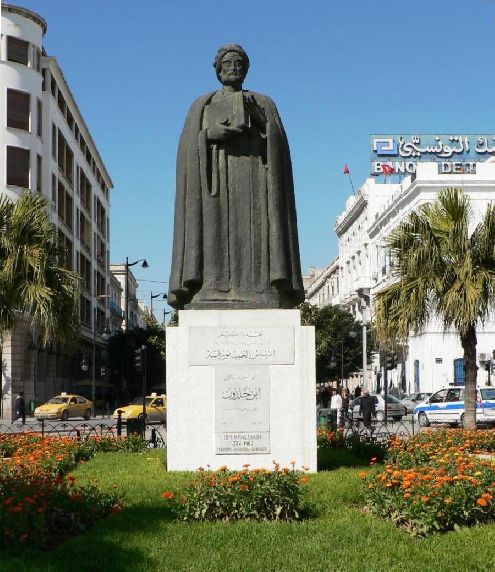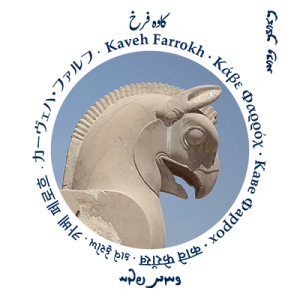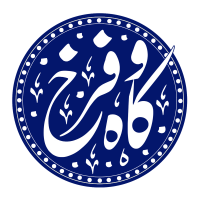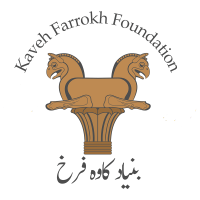The Arabo-Islamic historian Khaldun (1332-1406 AD) is ranked among the best in history, on par with the earlier Greco-Roman historians such as Plutarch or Xenophon; truly one of the most best scholars produced by the Arabs.
Ibn Khaldun has tabulated the mighty legacy of the Iranians in Islamo-Arabian civilization in his text, the Muqaddimah. Regarding the Iranian legacy in Islamo-Arabian civilization, Ibn Khaldun declares that:
“…It is a remarkable fact that, with few exceptions, most Muslim scholars…in the intellectual sciences have been non-Arabs…thus the founders of grammar were Sibawaih and after him, al-Farisi and Az-Zajjaj. All of them were of Persian descent…they invented rules of (Arabic) grammar…great jurists were Persians… only the Persians engaged in the task of preserving knowledge and writing systematic scholarly works. Thus the truth of the statement of the prophet becomes apparent, ‘If learning were suspended in the highest parts of heaven the Persians would attain it”…The intellectual sciences were also the preserve of the Persians, left alone by the Arabs, who did not cultivate them…as was the case with all crafts…This situation continued in the cities as long as the Persians and Persian countries, Iraq, Khorasan and Transoxiana (modern Central Asia), retained their sedentary culture.”
[ Translated by F. Rosenthal (III, pp. 311-15, 271-4 [Arabic]; Frye, R.N. (1977). Golden Age of Persia, London: Weidenfeld & Nicolson, p.91).A statue of Arabo-Islamic historian, Ibn Khaldun (1332-1406) in Tunisia. Ibn Khaldun emphasized the crucial role of the Iranians in promoting learning, sciences, arts, architecture, and medicine in Islamic civilization.




